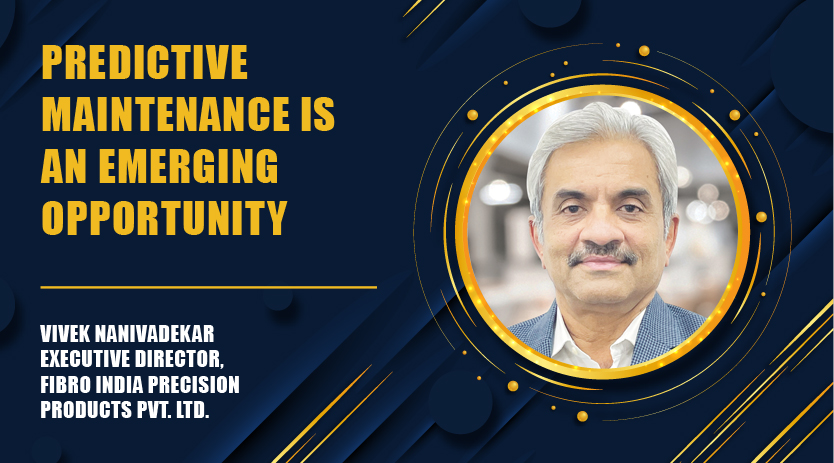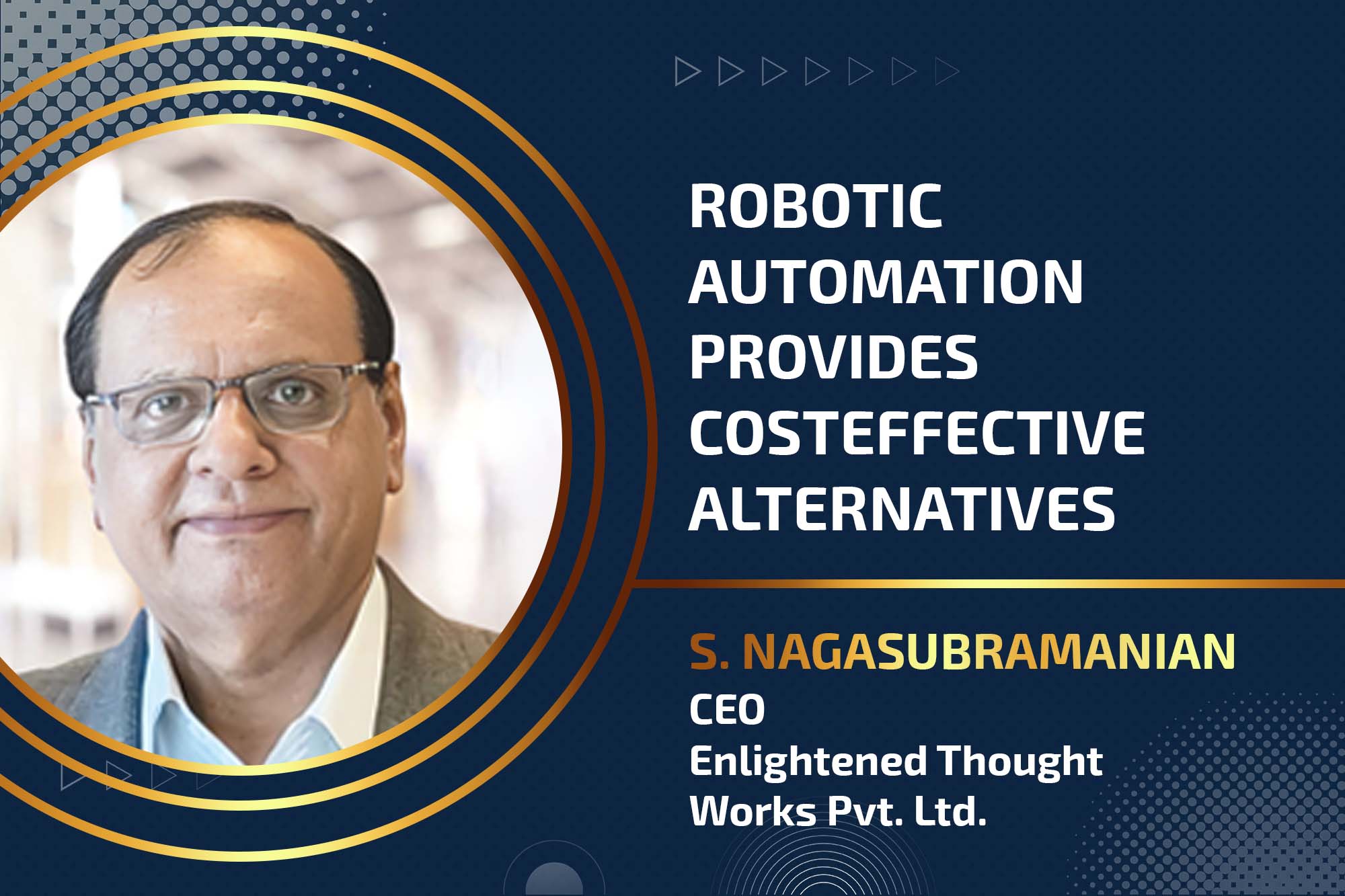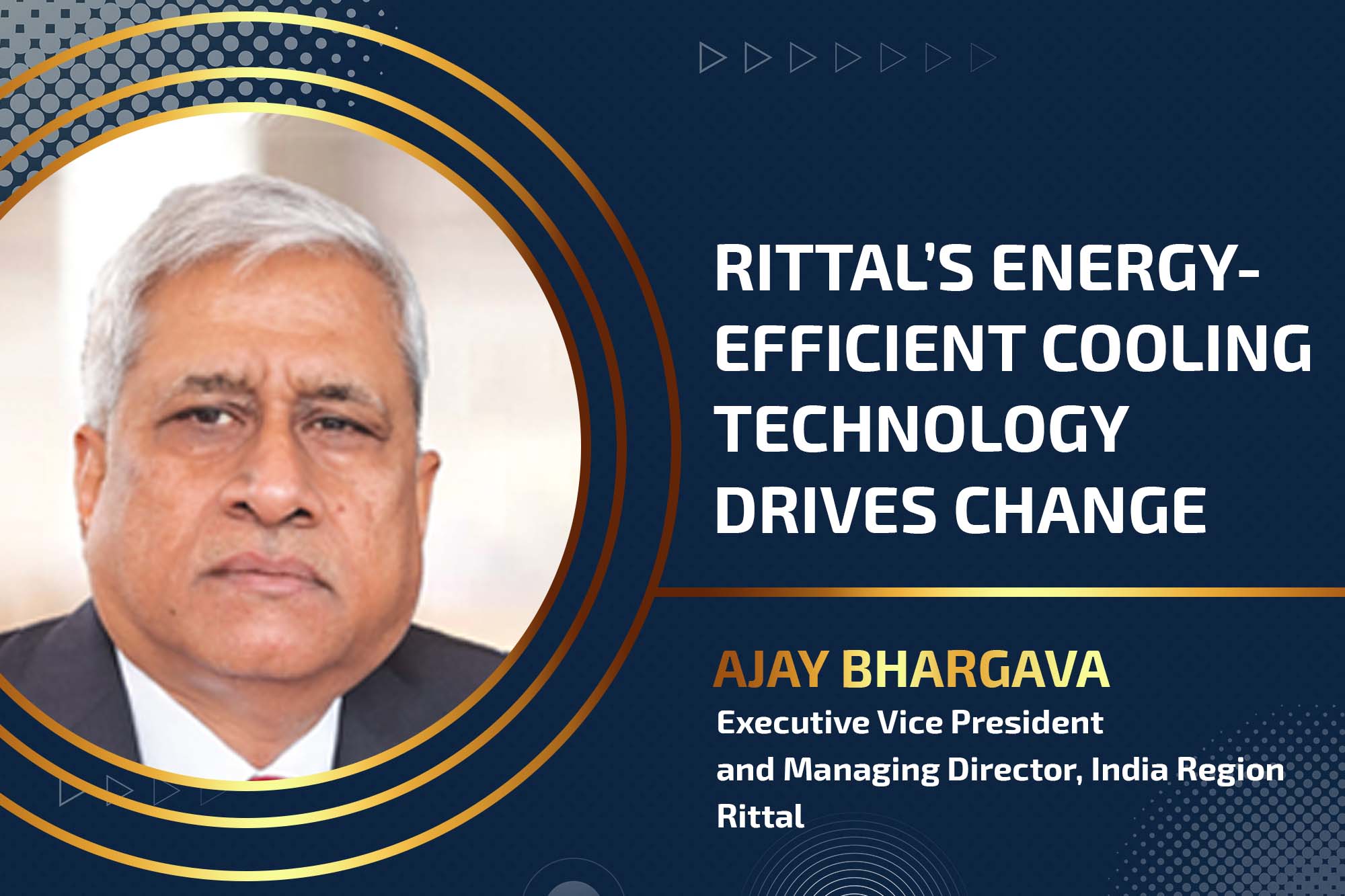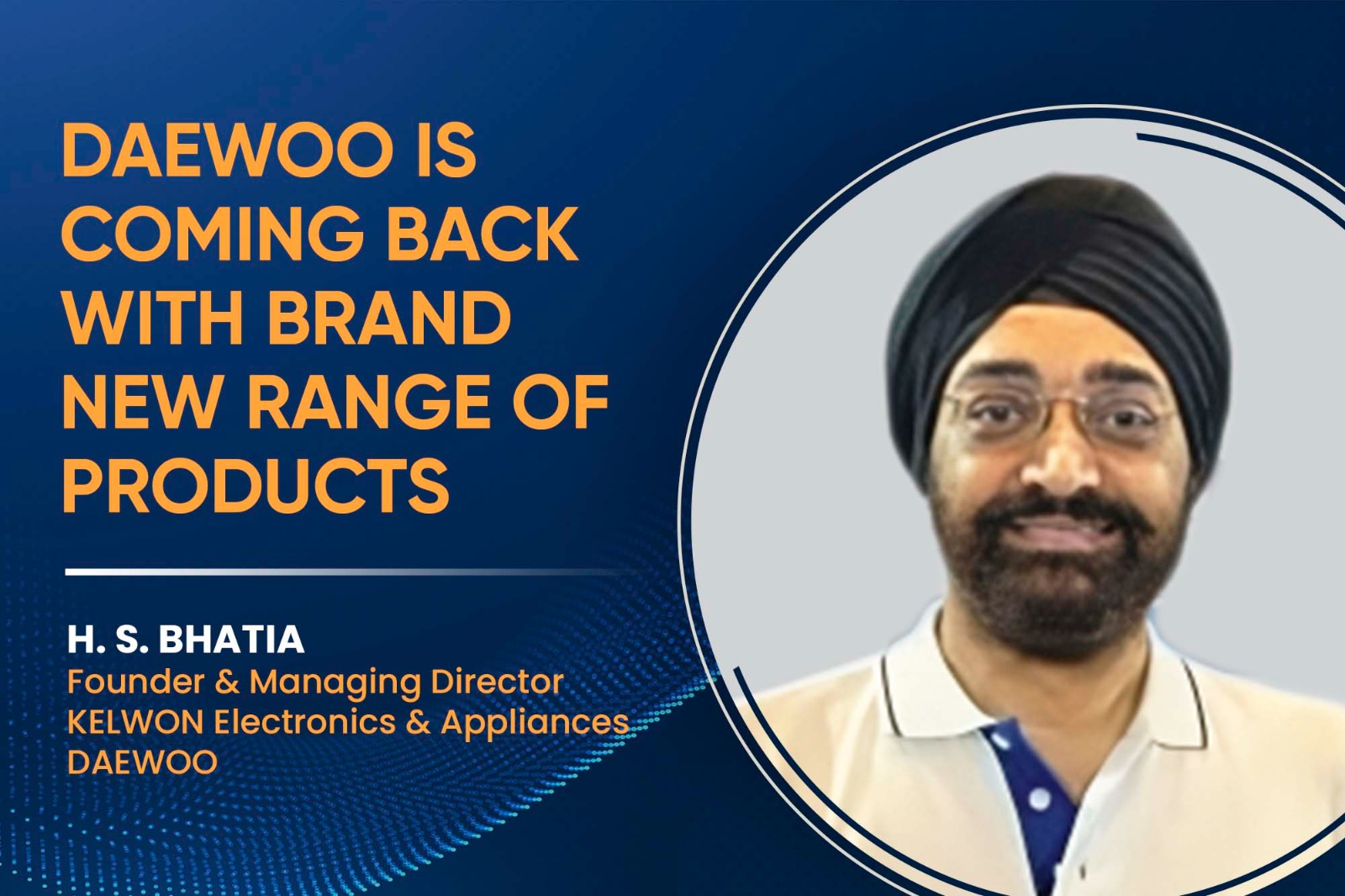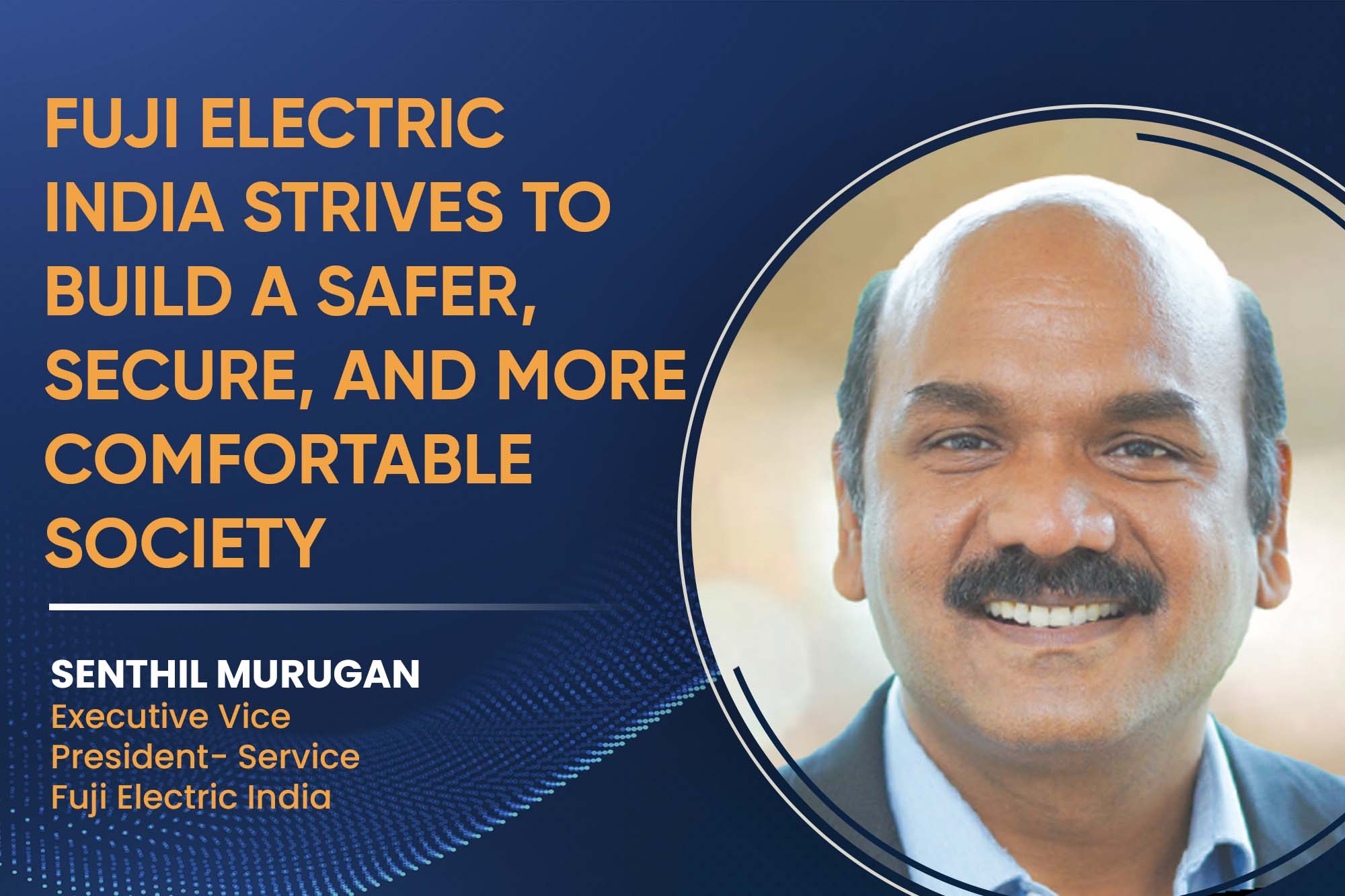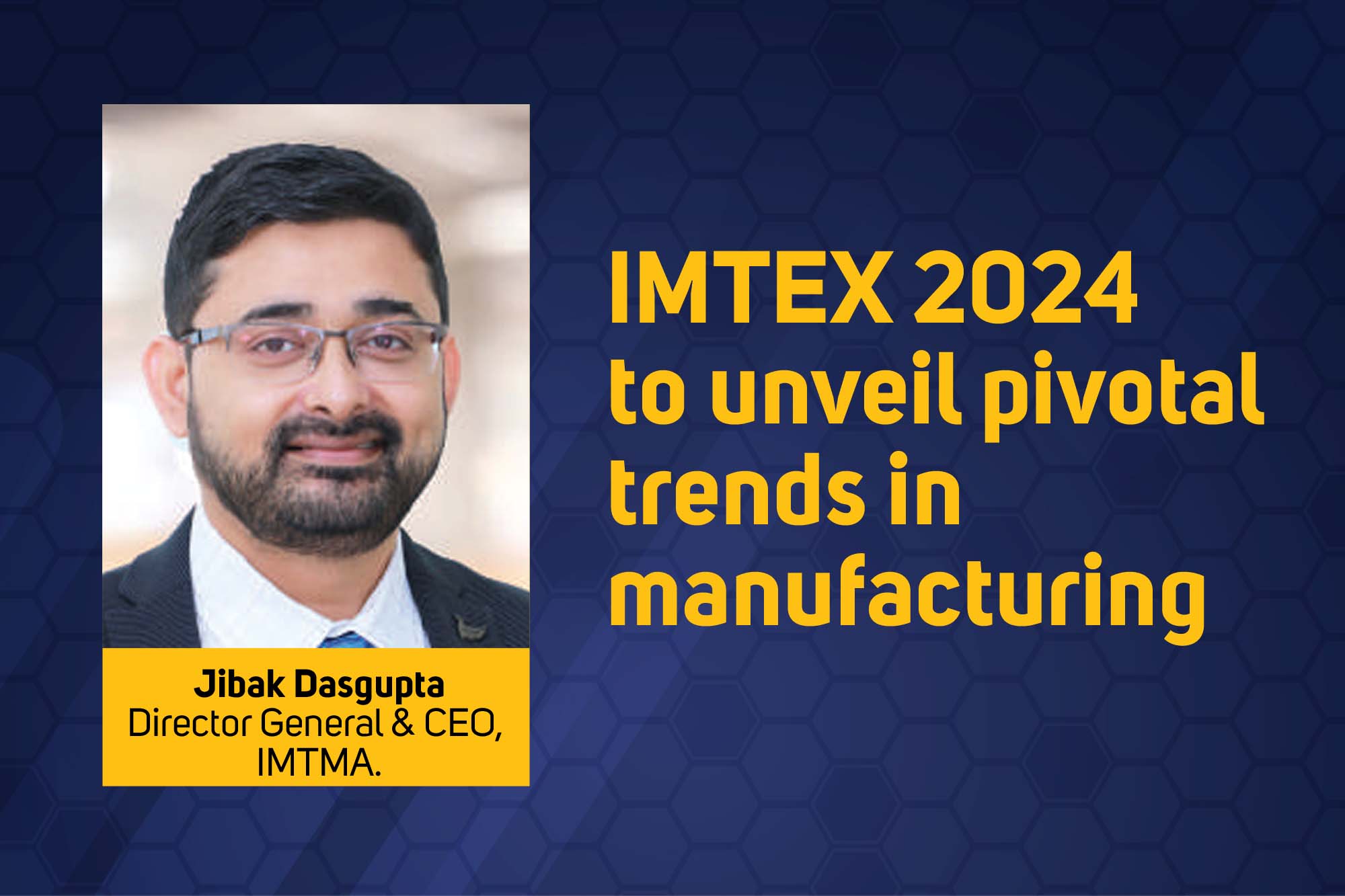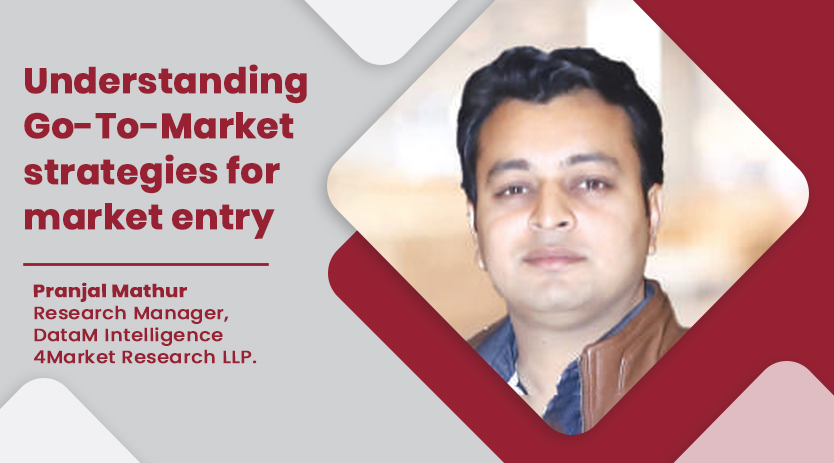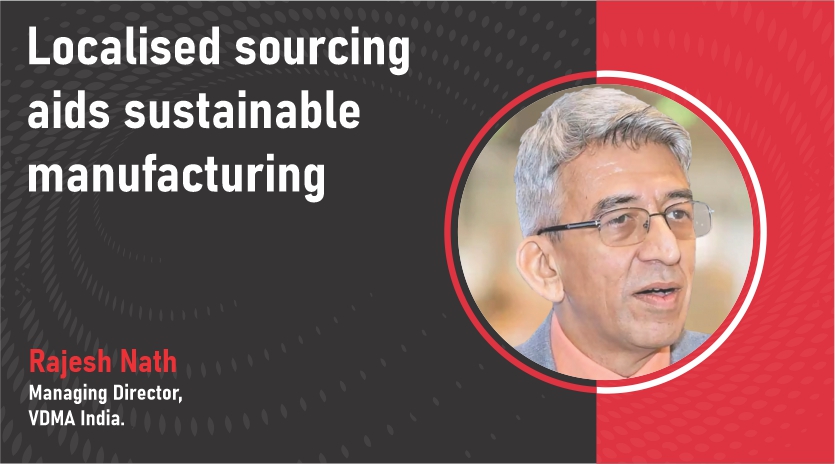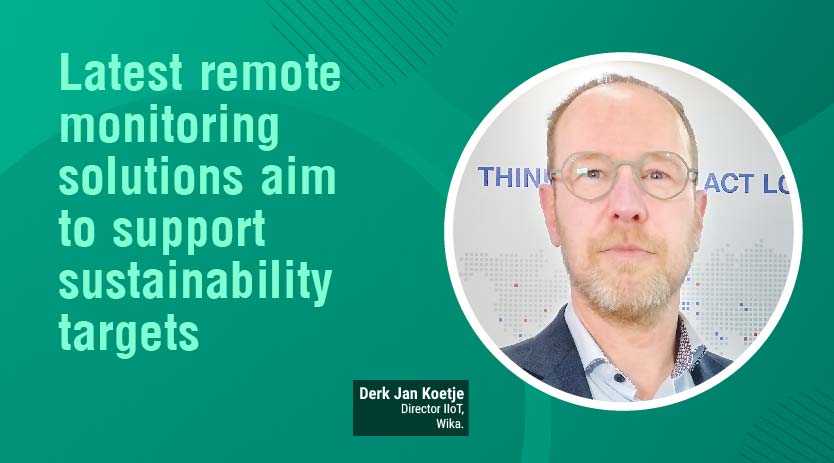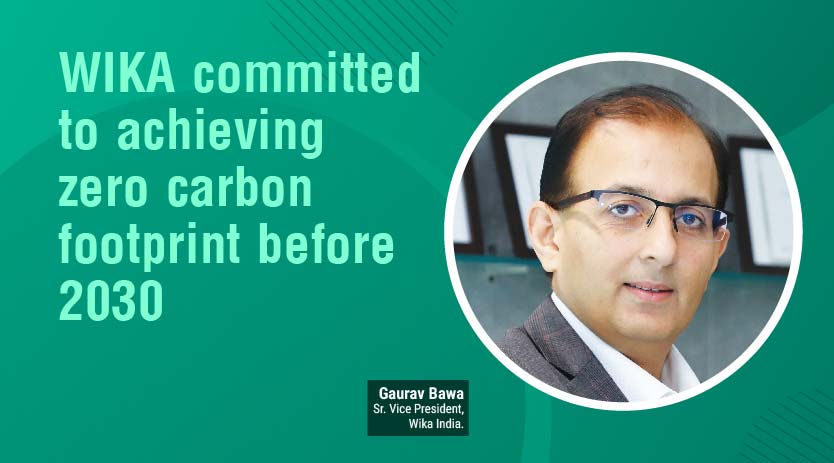Predictive maintenance is an emerging opportunity
By OEM Update Editorial October 1, 2022 3:21 pm IST
The market has been becoming dynamic that business strategy has to be devised every day depending on the business activity one is engaged in, says Vivek Nanivadekar, Executive Director, FIBRO India Precision Products Pvt.Ltd.
IIoT and its relevance for modern businesses
The IIoT is a part of almost every business, whether manufacturing, textile, trading, import and export, or anything else. Everyone must use it or risk being out of business. Companies can not function without IIoT because the pace of business had accelerated in contrast to earlier times when the orders were received by post or courier, then sent order confirmation through the post, and so on. So, to stay in business, acceptance of IIoT has become necessary to remain competitive.
Advantages to stay competitive in the market.
IIoT saves time and money by utilising the resources that help taking faster decisions. It provides the inclination of the customer to buy or not as he makes a decision right away. Further, the market situation has been becoming so dynamic that it is compelling to change business strategy daily depending on businesses. And also, real-time market feedback enables us to devise a strategy accordingly.
Risk and challenges of IIoT and securing it from cyber attacks
As far as cyber security is concerned, the impending risk is losing data and, thus, business secrets, which may involve expenses once the system is exposed. Considering the size of the data transactions involved at the moment, the option is to go for cloud computing because data in servers continues to grow. Hence, managing data is a voluminous task. As such, it is getting into the security is a continuous process. To rely on cloud storage to create its data density and documents is the need of time. That is what Fibro does precisely.
IIoT spending for manufacturing in Asia- Pacific
Asia-Pacific holds the key to the global future. The Indian economy has already surpassed the United Kingdom. Asia will control the entire world economy, and naturally, more spending on IIoT will occur only in Asia. Mckinsey has already stated that the next century belongs to India. Artificial Intelligence (AI) and machine learning are buzzwords, and adopting this new technology will instil practice in business decisions. Everyone knows how the current situation in Europe has impacted the economy due to the escalation of the Ukraine-Russia war. Even China has energy and power problems; however, India is far better off than the other countries. Asia, particularly India, holds the key to the future.
IIoT applications can help resolve system failures and downtime
Predictive maintenance is a part of Industry 4.0. and Fibro has already implemented digitalisation. These interconnectivity systems notify in advance if the manufacturing process needs to be halted for a specific date and time to implement corrective action. Even in manufacturing, Fibro is becoming more digitised and remote-oriented. The machine tells when and which parts need to be replaced, enabling it to act accordingly. As a result, predictive maintenance is a hot topic in future data competition. Development in die and mould accessories for localised manufacturing.
According to Prime Minister Narendra Modi, India is becoming a global marketing hub, and as a result, the entire government, facilities, and manufacturing are in expansion mode. Today, the highest commodities are being exported from India. However, the export of die and mould is currently negligible, accounting for less than 0.2 percent of total engineering goods. Still, considering the international market situation, die and mould manufacturing is also moving to India. Indian companies must adapt to new technologies and reduce lead times. Today, lead time is the major problem in the Indian die and mould industry compared to China or Taiwan. Standardisation will help reduce lead time, and Fibro has been much engaged in this activity as progress can be made once standard parts are used.
Cookie Consent
We use cookies to personalize your experience. By continuing to visit this website you agree to our Terms & Conditions, Privacy Policy and Cookie Policy.



